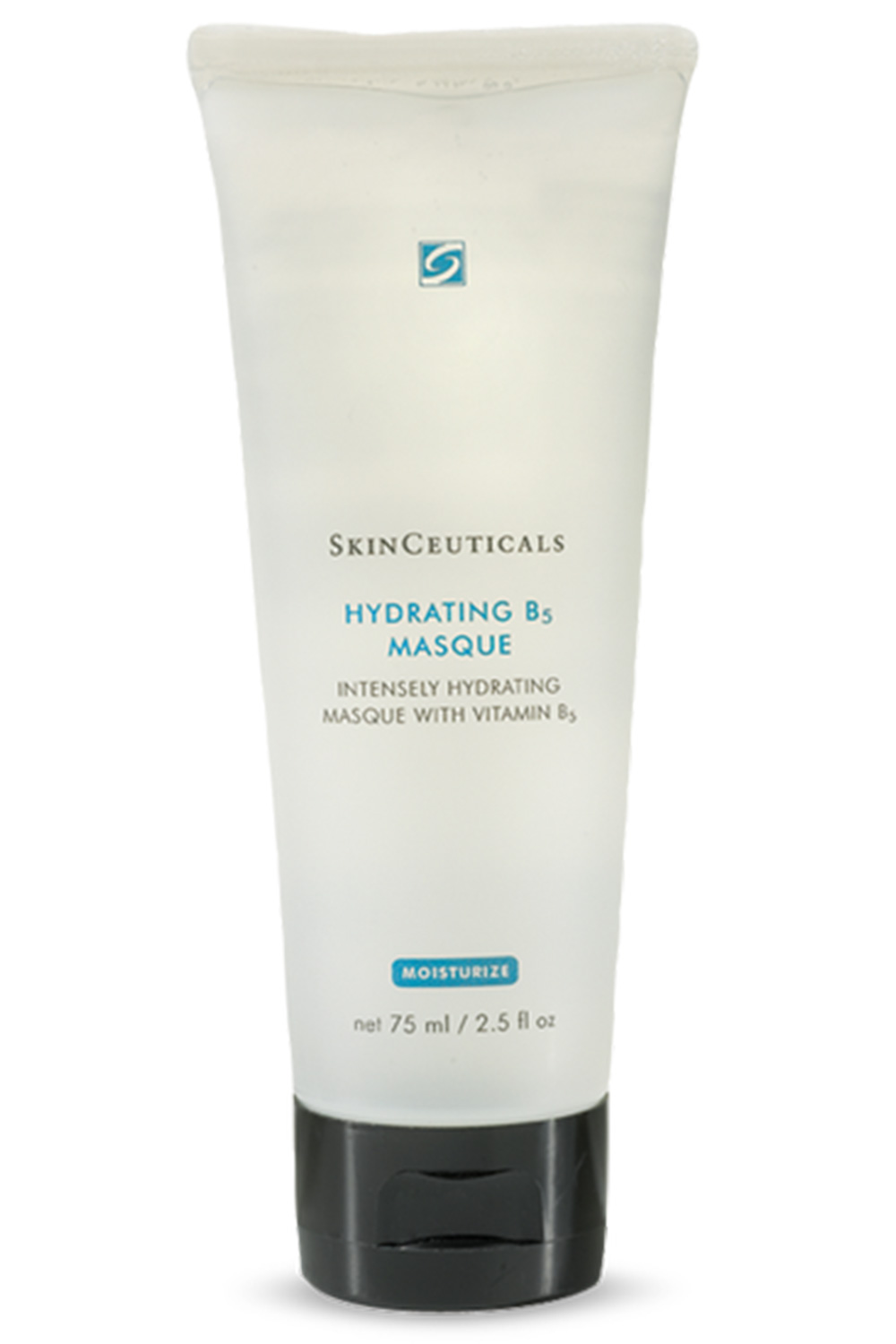Hyaluronic acid is the super hydrator your dull skin might be craving—here's what you should know
It's a go-to for glowing skin
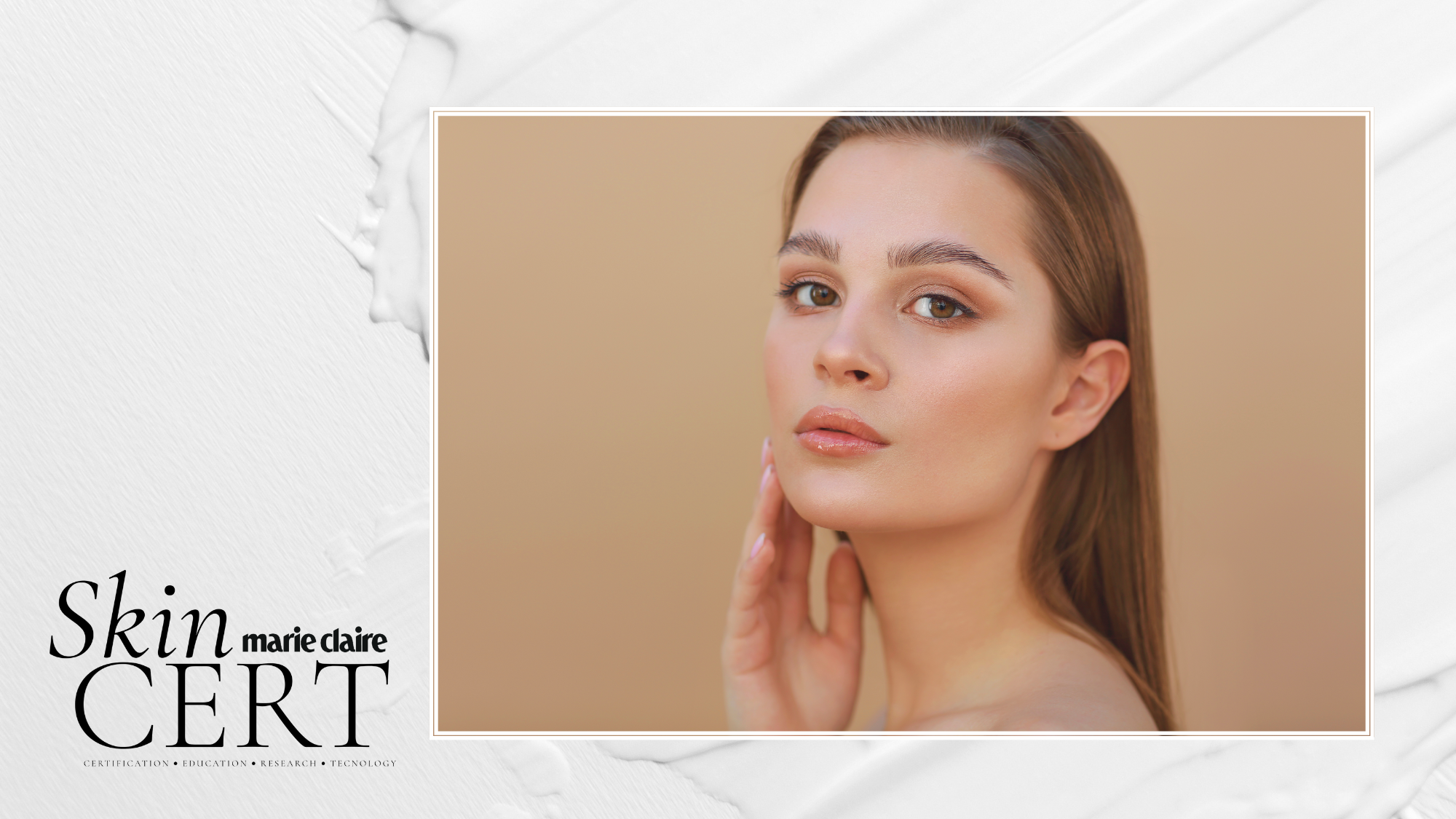
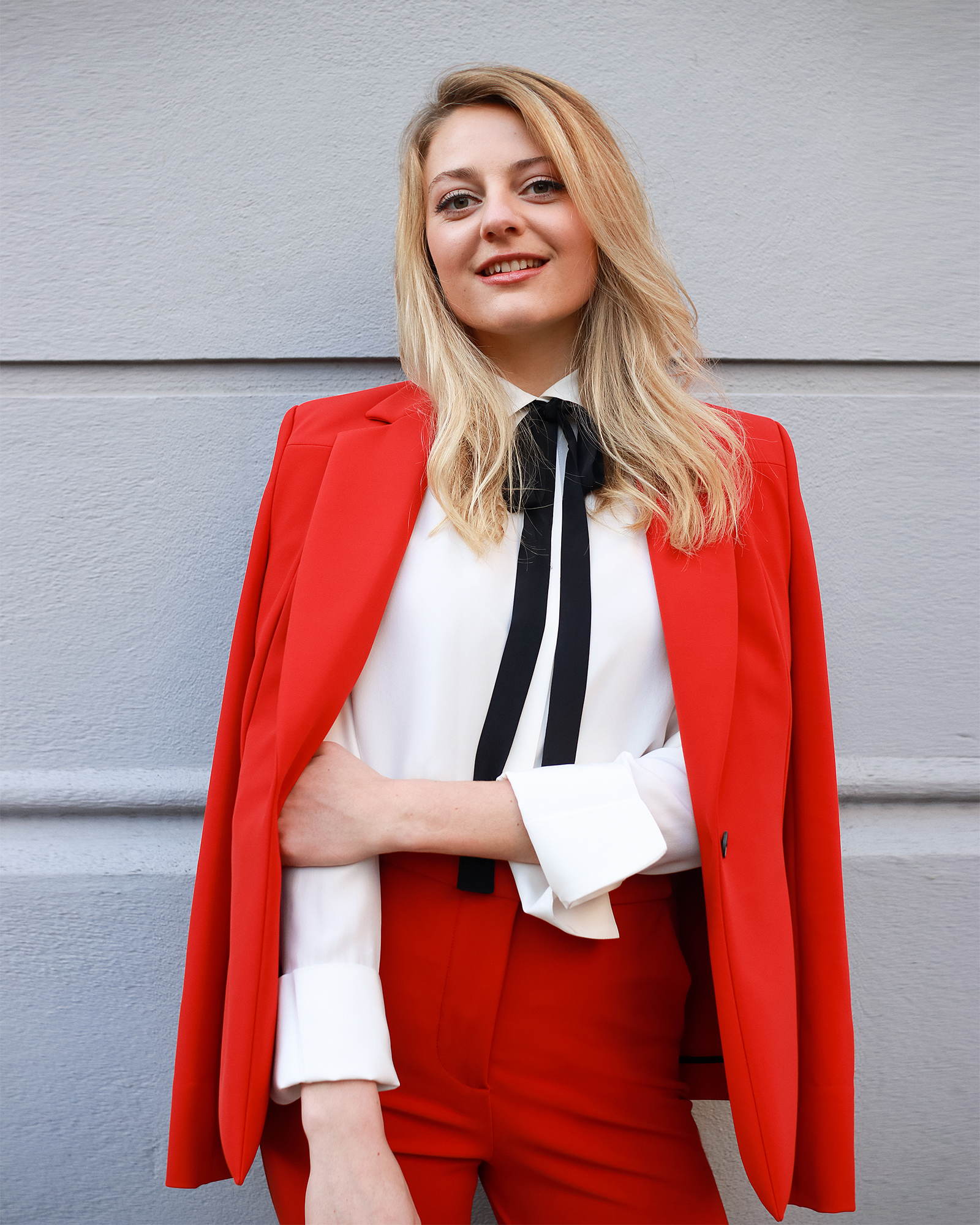
Katie Thomas
Hyaluronic acid (also known as ‘HA’) is one of those ingredients that you see plastered all over product packaging and hear dermatologists wax lyrical about. And for very good reason. Perfect for people with dehydrated or dry skin, there’s pretty much nothing else out there that can help boost moisture levels quite like hyaluronic acid.
And don't be put off by the word ‘acid’—hyaluronic acid isn't like other acids for skin. While other skincare acids typically have exfoliating properties, hyaluronic acid does nothing of the sort.
What is hyaluronic acid?
Hyaluronic acid is a natural component of your body’s connective tissue that maintains the skin’s strength and elasticity. Around 50% of it is found in our skin.
Everyone sings its praises because “it is a water magnet, holding 1,000 times its weight in water and draws hydration into the skin,” says skin doctor and cosmetic formulator at SkincarebyDrV, Dr Vanita Rattan.
“It’s a naturally occurring group of sugar molecules, or glycosaminoglycan, found in the connective tissues of the body, such as in the eyes and joints,” adds aesthetics nurse and independent prescriber, Nina Prisk at Update Aesthetics. “It’s a vital component of our skin and the jelly-like substance works to cushion and lubricate our joints and aids repair after injuries have occurred. It’s known for its ability to attract and retain moisture. However, over time the body’s natural stores of hyaluronic acid decline.”
As we age, the natural hyaluronic acid levels in our skin decrease—which is why hyaluronic acid is used in skin care products. “It’s known as a humectant, which means that it’s something that helps the skin to hold on to water,” says Prisk. “It helps to hydrate the outer layers of the skin, and in doing so improve its appearance and texture.”
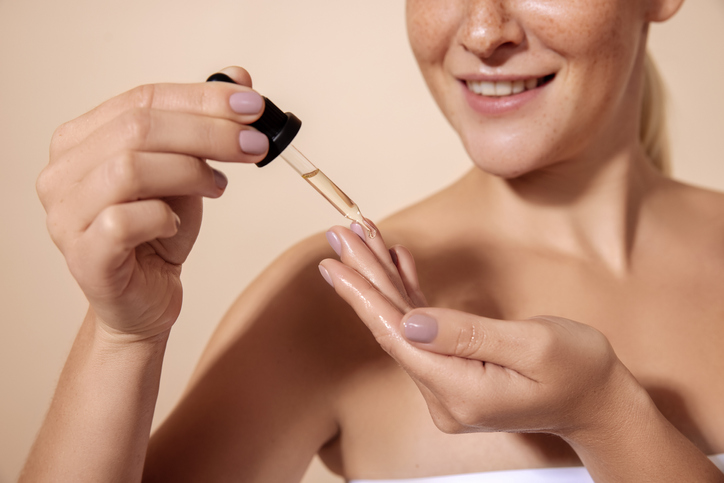
Mostly found in the beauty products for mature skin and the best moisturisers for dry skin, it’s also a common ingredient in the best night creams. And quickly becoming a preventative treatment and skin staple for younger people looking to stave off the effects of ageing for as long as possible.
Marie Claire Newsletter
Celebrity news, beauty, fashion advice, and fascinating features, delivered straight to your inbox!
Continuous use of HA ensures you retain moisture and elasticity in your skin, which will help if you’re worried about fine lines or dull skin. “It helps reduce the visibility of fine lines and wrinkles while retaining moisture in the skin, creating a plumping effect. It keeps skin in peak health, allowing it to defend itself from environmental aggressors better,” says Dr Rattan. Hyaluronic acid can also be injected directly, in what's known as dermal fillers, into the skin to help fill and plump. (N.B., this is very different to botox.)
When should you use hyaluronic acid within a skincare routine?
If your skin is dehydrated, hyaluronic acid may be a good addition to your skincare routine. “I would usually advise using a moisturiser or serum containing hyaluronic acid twice a day after cleansing and exfoliating,” says Prisk. “In the morning it will help to add moisture throughout the day, and in the evening to replenish the moisture that has been lost during the day.”
Dr Rattan agrees: “Ideally, you want a moisturiser which contains hyaluronic acid in it. Its time consuming and more expensive to do hyaluronic acid as a separate step.”
But, if you want a quick boost of hydration, make sure to use it *before* you apply your normal moisturiser. Why? Hyaluronic acid needs to sit underneath something wet because it acts like a sponge and therefore needs something to cling on to.
“If you’re going to use hyaluronic acid serum separately, ensure you are using a fatty moisturiser on top, otherwise your skin can feel incredibly dry,” explains Dr Rattan. “After applying hyaluronic acid serum to the skin, you’ve now got ‘water magnets’ in the skin to keep it plump. However, if you’re not applying a water-based emulsion (the fatty moisturiser) on top of the hyaluronic acid serum, then water may be drawn from deeper into the skin instead, to the surface. This is not what you want, as it will leave your skin feeling tight and dry. So, it’s essential that you always top up with a fatty moisturiser.”
So, your morning routine might look like this: cleanse, HA serum, moisturiser then SPF. And, yes hyaluronic acid can be used every day – “or indeed twice a day,” says Prisk.
A word of caution...
While hyaluronic acid goes well with most ingredients, it’s worth exercising caution if using a vitamin C after hyaluronic acid, says Prisk, “as it can increase the potency of a product and therefore it may increase the irritation effects of the vitamin C. If you’re at all unsure, it’s always advisable to seek the advice of an expert and to do a patch test first as all skin reacts differently.”
She also recommends that you don’t use a concentration higher than 2%.
The best hyaluronic acid serums to add to your skincare routine
One of the best face serums you should use, hyaluronic acid serums are hero products because of their higher concentration of HA. Each one tends to be a clear, sticky liquid that absorbs super fast and creates a beautiful base for makeup. Because they are so lightweight as well, all skin types will benefit from introducing one into their routines and you can use one in conjunction with another targeted serum.
“I would say everybody needs a humectant in their skincare routine, especially in the winter,” says Dr Rattan. “This is because harsh winds, low humidity, dry indoor heat, and the cold can strip the skin of moisture. Hyaluronic acid is also great if you have dry, dull, or ageing skin as it can bring back the youthful, refreshed glow to your skin.”
Read on for our round-up of the best products containing the miracle ingredient...
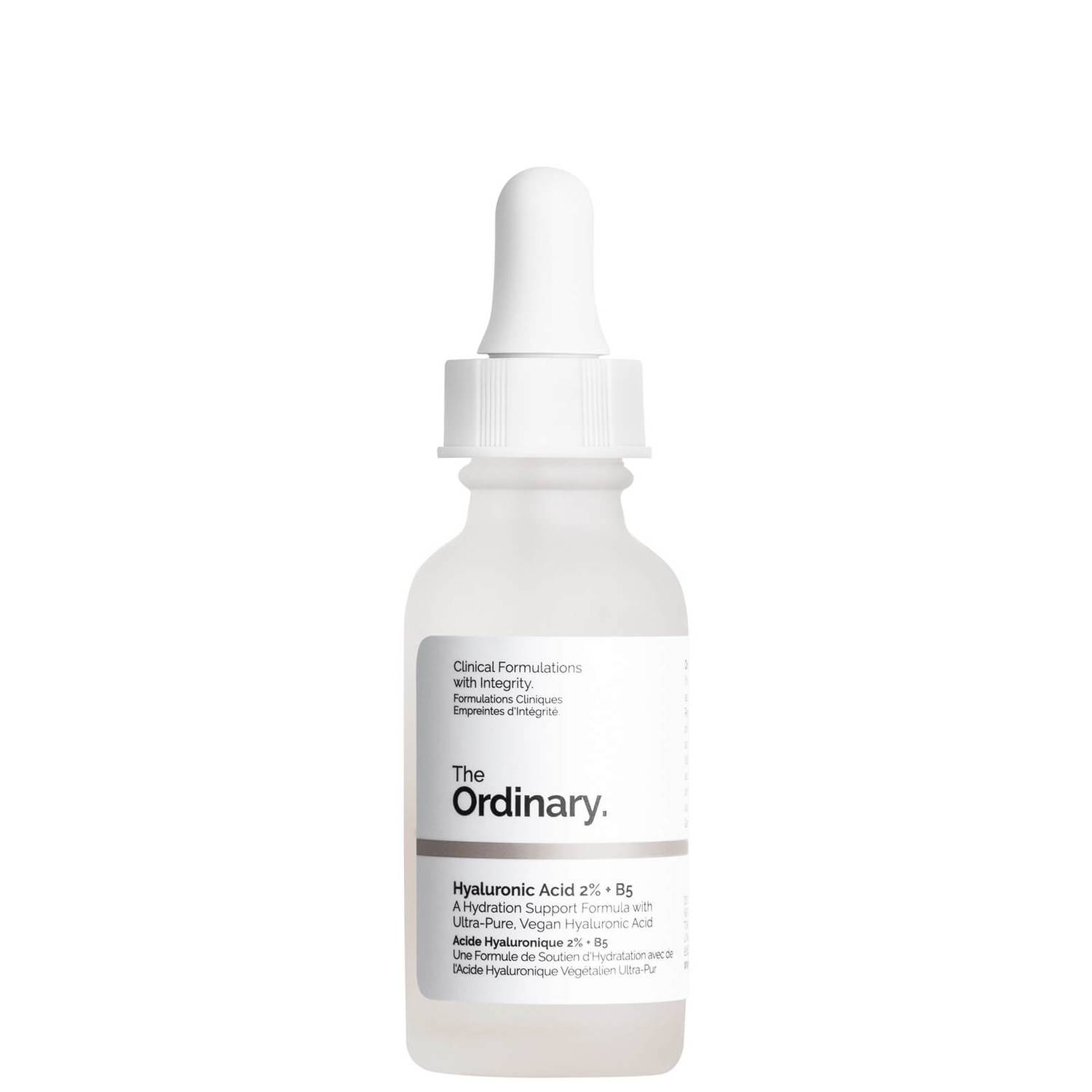
If you’re looking for a simple, oil-free way to introduce lasting hydration into your routine, this is the way to do it. And look at that extraordinarily low price tag. All hail The Ordinary.
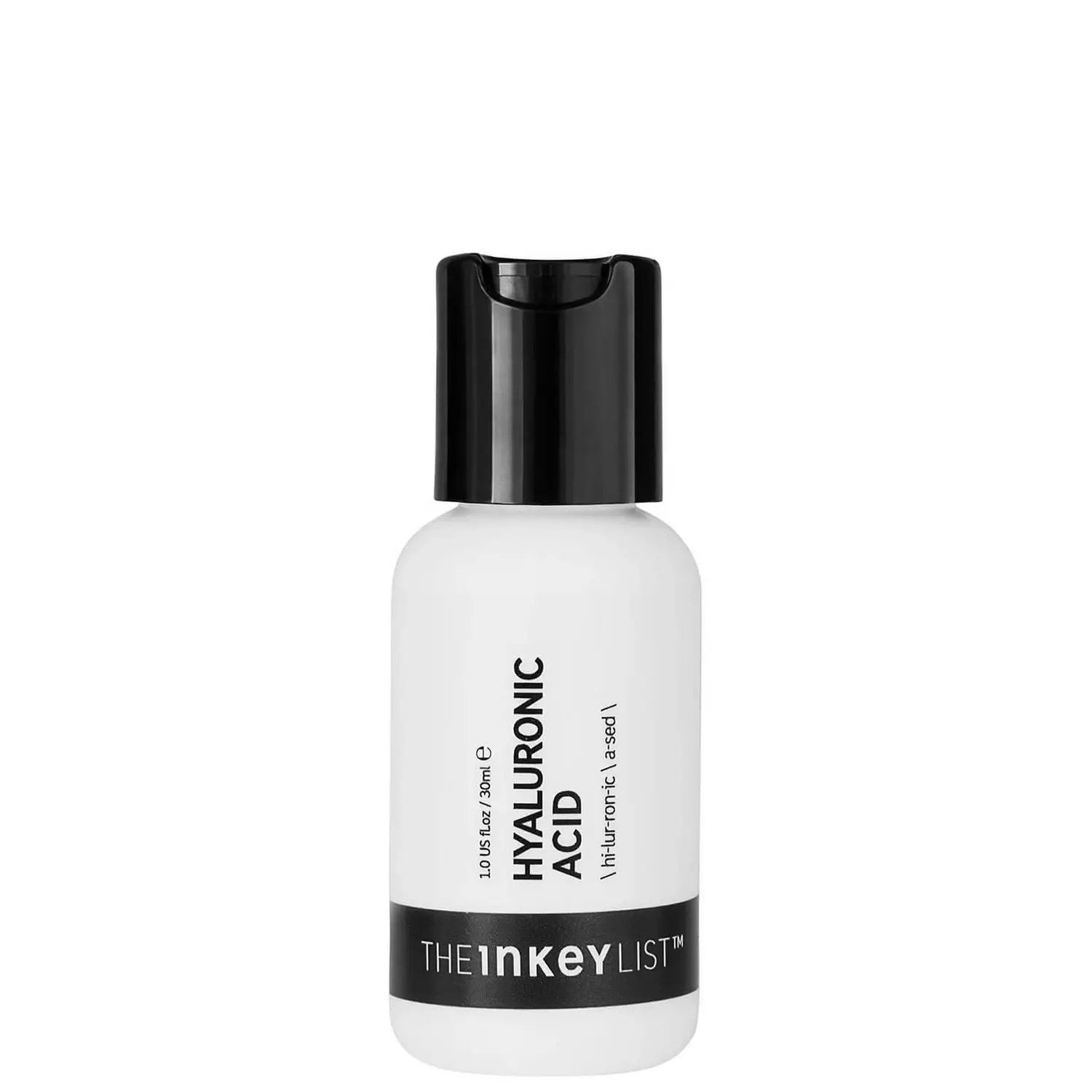
The Inkey List’s high-quality, impressively affordable formula offers 2% pure hyaluronic acid in three molecular weights (high, medium and low) to hydrate all skin types.
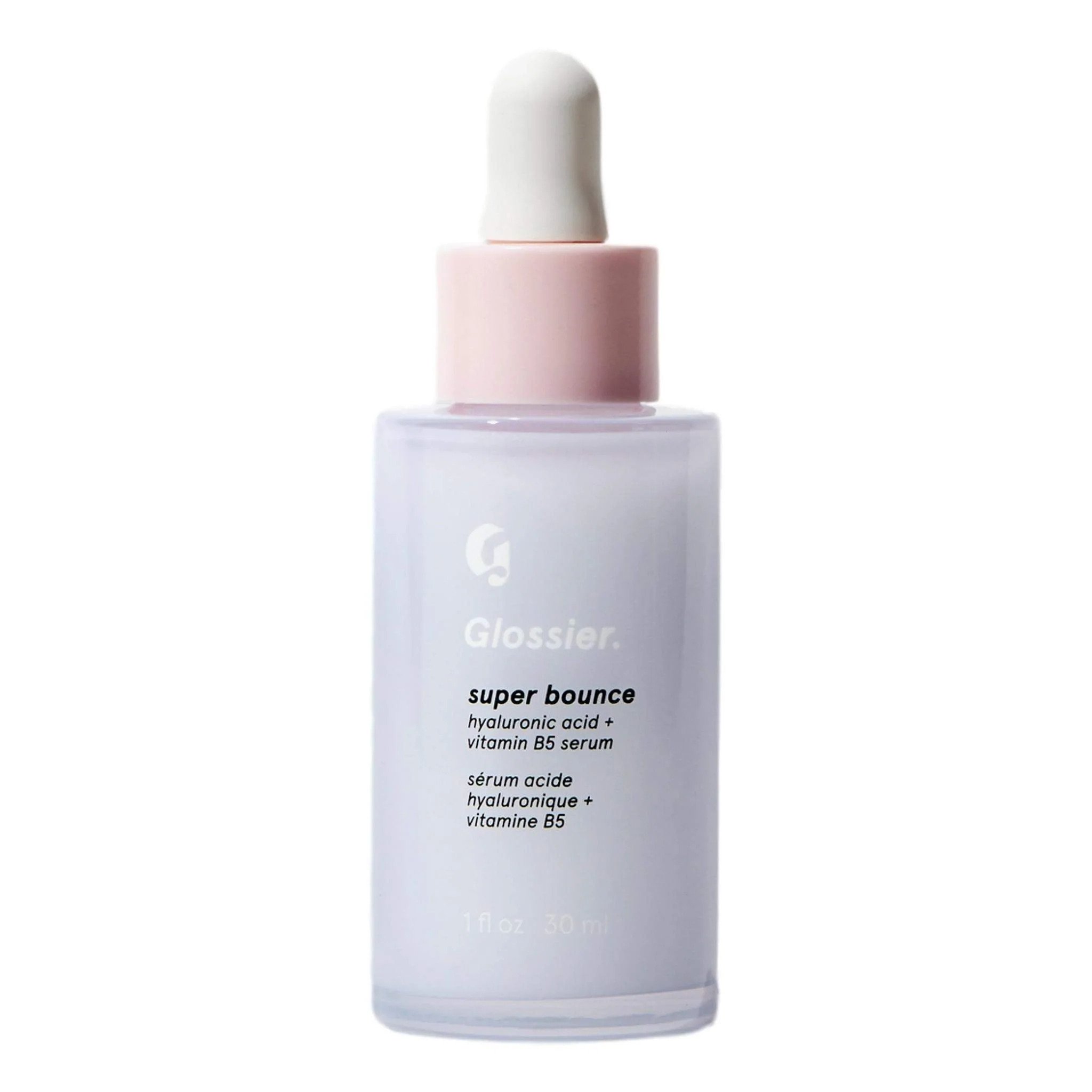
Fast-absorbing, this silky serum is designed to layer effortlessly with both moisturisers and makeup. Oh, and it’s never sticky – which is a total win.
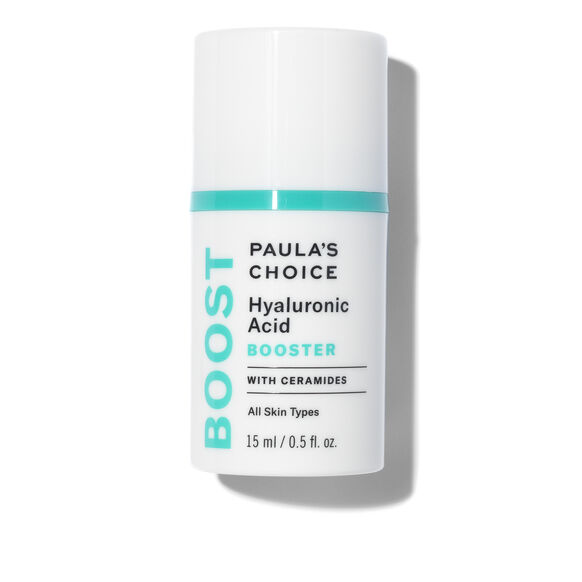
Paula’s Choice Hyaluronic Acid Booster combines hyaluronic acid, ceramides and panthenol in a smooth gel formula which absorbs quickly and helps lock in moisture. Apply two or three drops directly to the face daily or mix with a moisturiser for enhanced hydration.
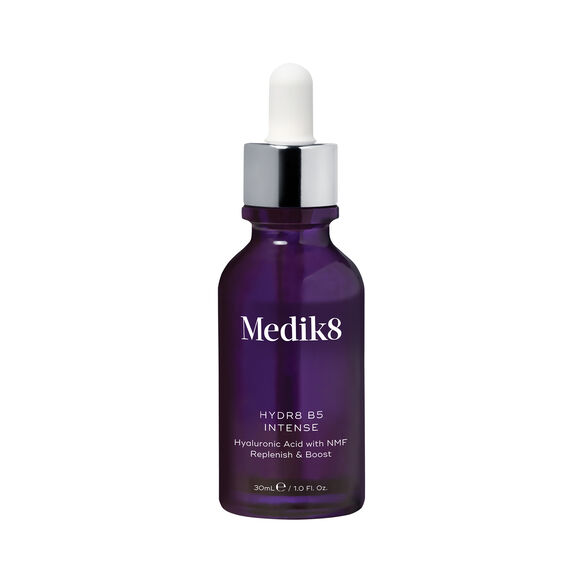
This is Medik8’s original hyaluronic acid serum – but supercharged with a potent triple-action hydration booster. Lightweight and fast-absorbing, it gives your skin the power to withstand dehydrating changes in temperature and humidity all year round. The ultimate antidote for dry skin.
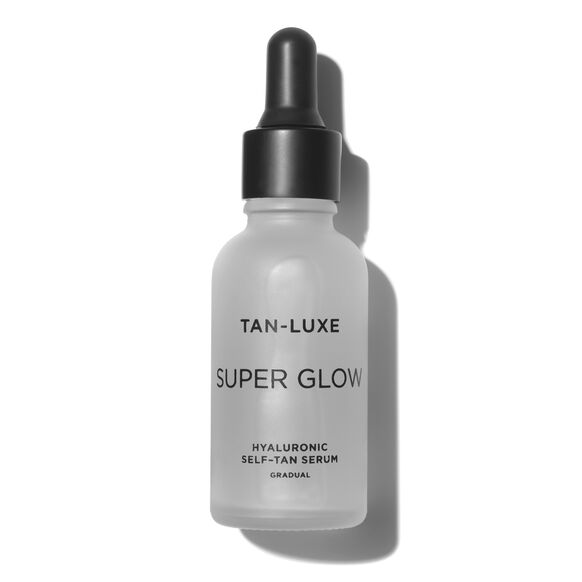
If you want a little extra moisture in your self tan, try this velvety self-tanning serum from Tan-Luxe which features antioxidant superfood ingredients (including cocoa seed extract), which helps to condition, protect and soothe thirsty skin.
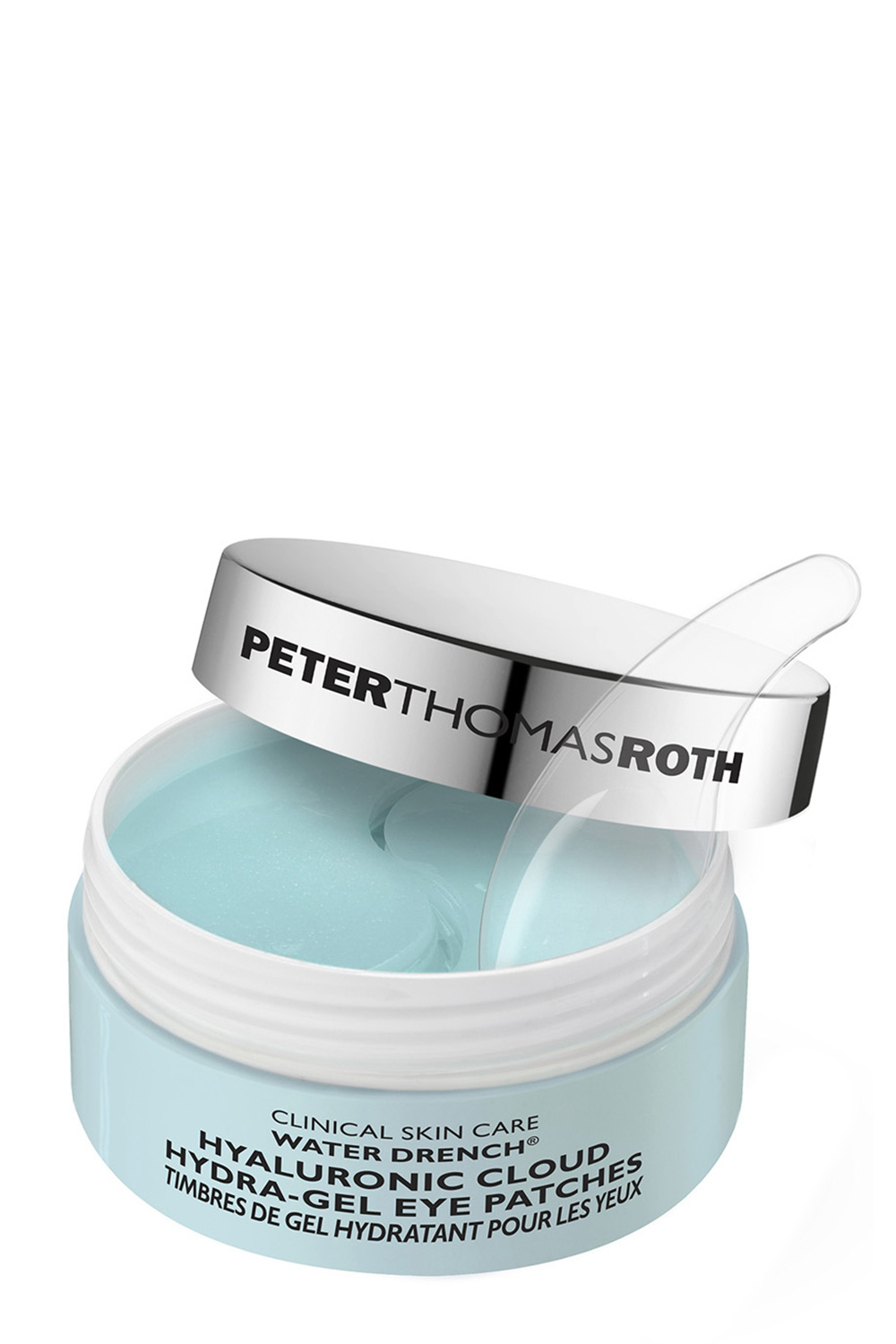
These are brilliant at plumping out fine lines around the eyes, as well as soothing sore and dry eyes when you’re tired. There’s also caffeine to de-puff and arnica to brighten dark circles. Keep this pot in your fridge for an extra boost of cooling sensation.
-
 Penn Badgley and Blake Lively kept their breakup a secret from the Gossip Girl cast and crew - here's what we know about their former relationship
Penn Badgley and Blake Lively kept their breakup a secret from the Gossip Girl cast and crew - here's what we know about their former relationshipBy Jenny Proudfoot
-
 Spring has finally sprung - 6 best outdoor workouts that are totally free and boost both body and mind
Spring has finally sprung - 6 best outdoor workouts that are totally free and boost both body and mindSoak in the nature and boost Vitamin D *and* endorphins.
By Anna Bartter
-
 This iconic rose perfume is a compliment magnet—it makes me feel ‘put together’ after just one spritz
This iconic rose perfume is a compliment magnet—it makes me feel ‘put together’ after just one spritzGrown-up and elegant, yet not at all dated.
By Denise Primbet
-
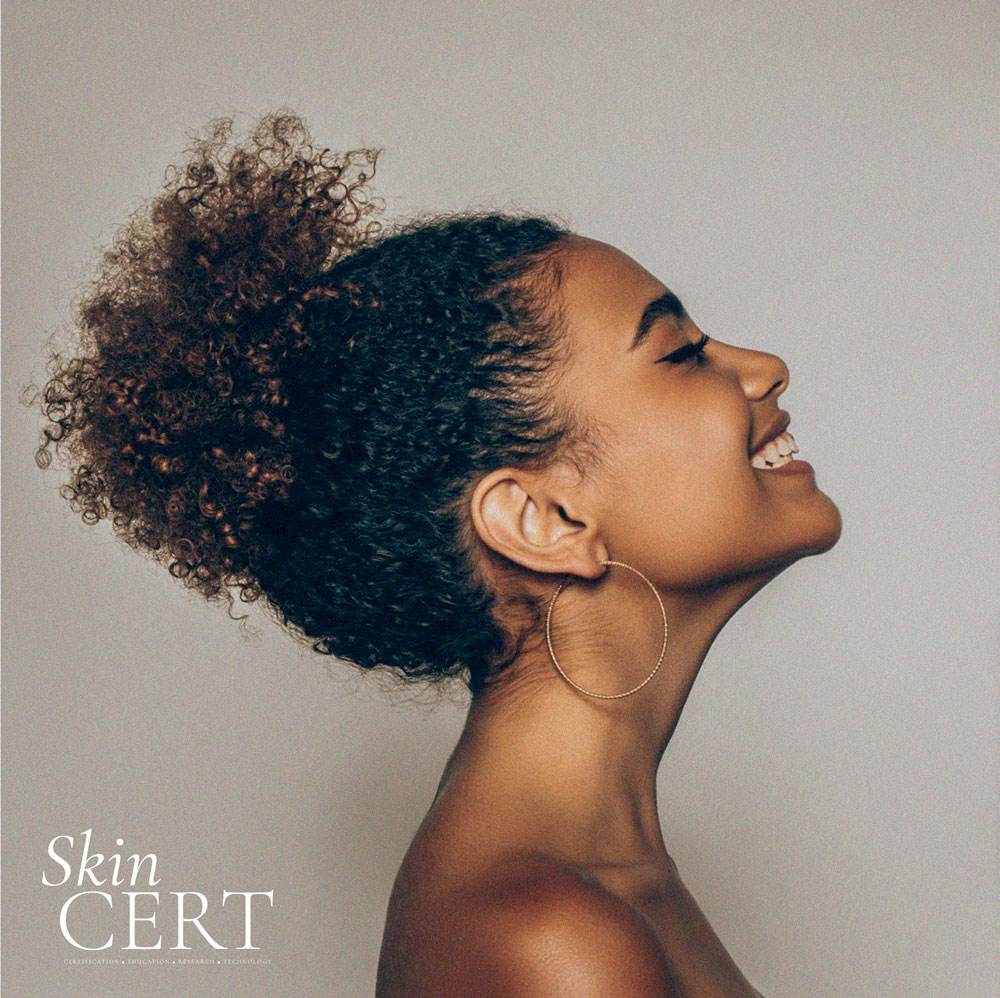 Silicones in skincare have become demonised, but experts say the benefits shouldn't be overlooked
Silicones in skincare have become demonised, but experts say the benefits shouldn't be overlookedThere are pros and cons to everything
By Shannon Lawlor
-
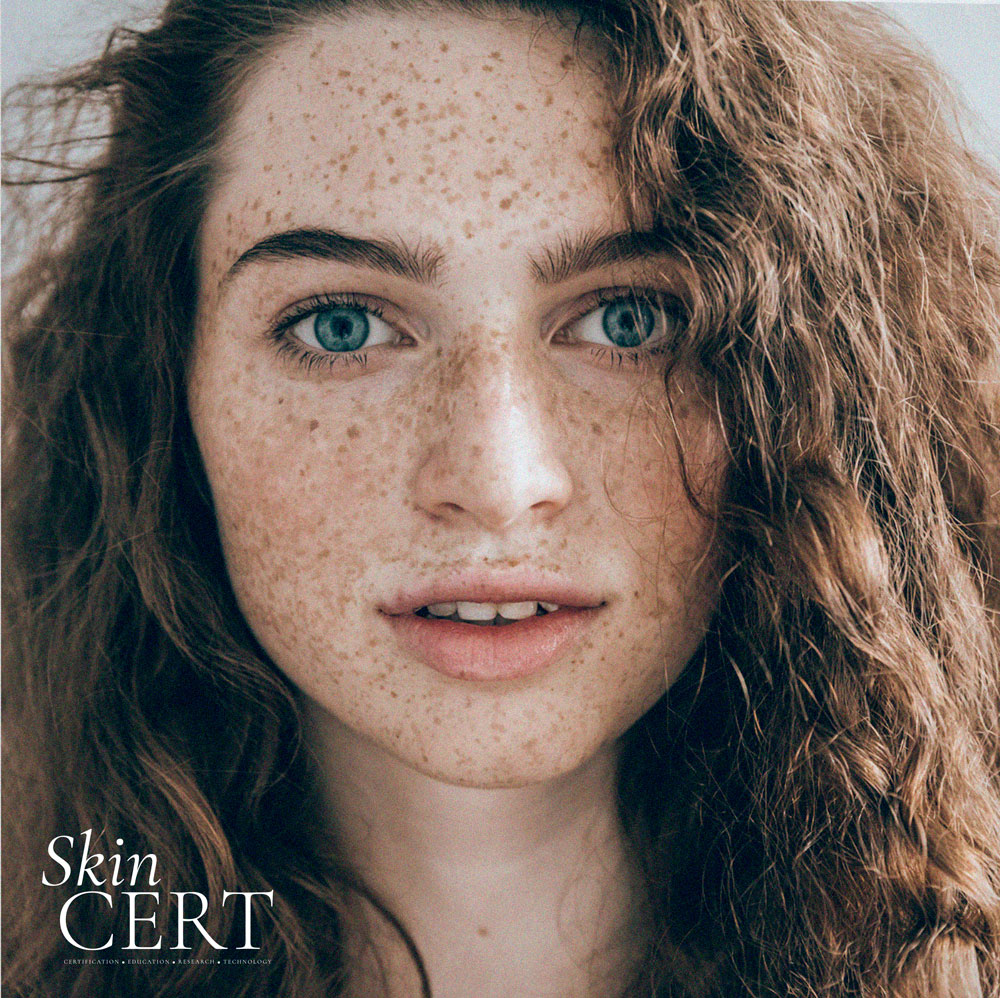 Assumed SPF in foundation was sufficient protection? You'd better think again—here's why
Assumed SPF in foundation was sufficient protection? You'd better think again—here's whyTime to bust some beauty myths
By Grace Lindsay
-
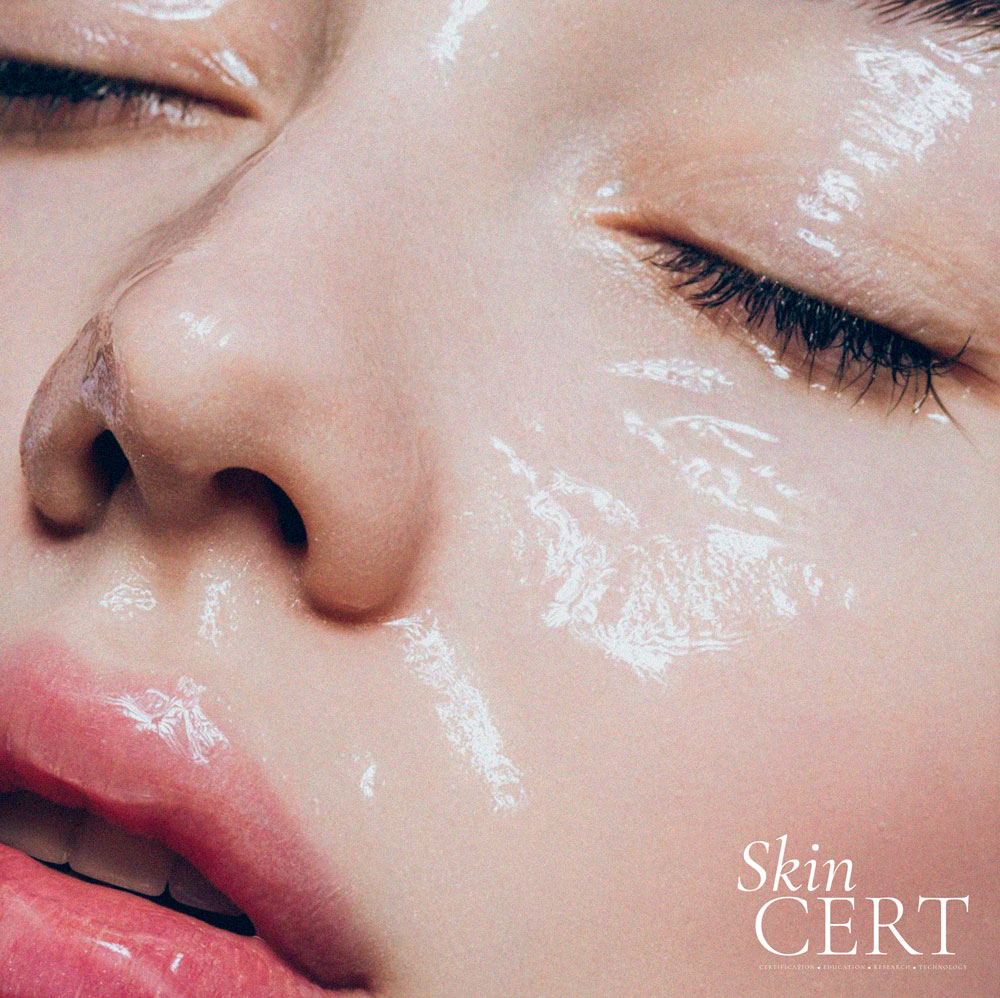 When your make-up is slipping off throughout the day, these simple skincare changes will help
When your make-up is slipping off throughout the day, these simple skincare changes will helpIt makes sense when you think about it
By Grace Lindsay
-
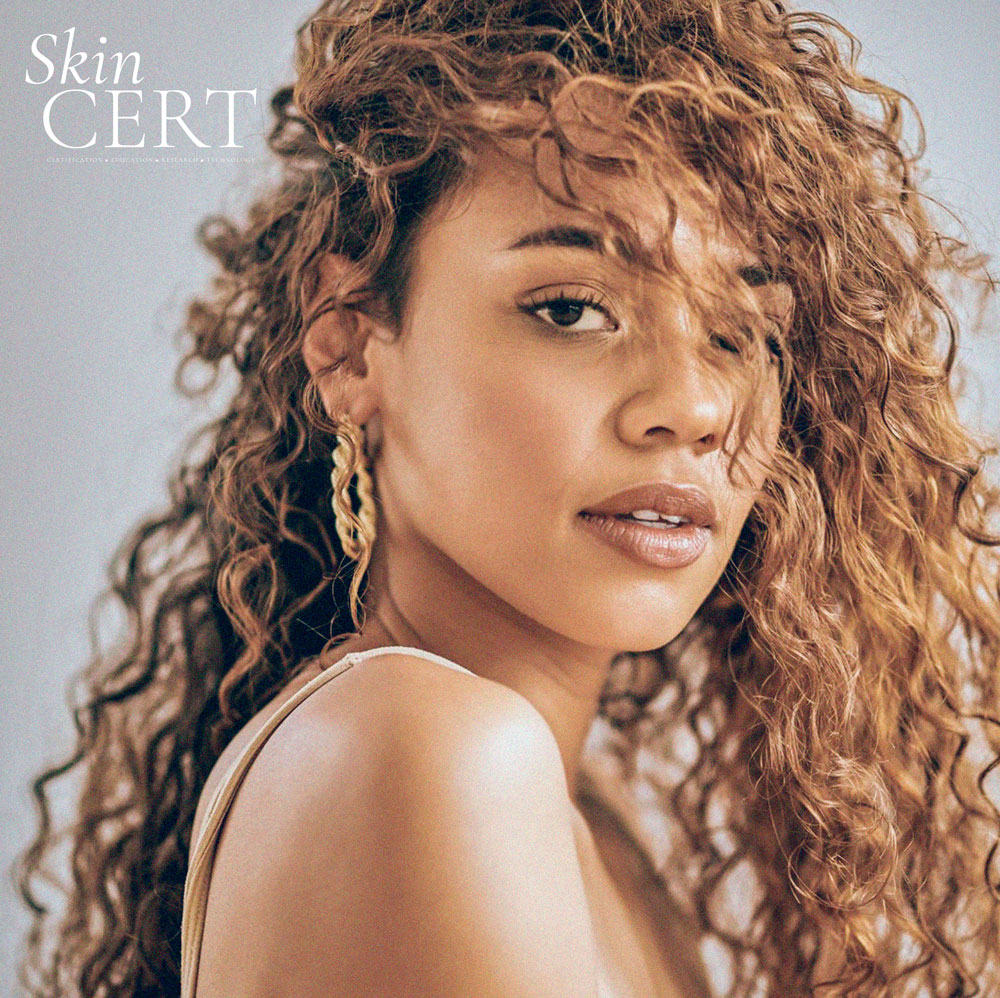 If you're after no-make-up make-up, these skincare-infused serum foundations are worth knowing about
If you're after no-make-up make-up, these skincare-infused serum foundations are worth knowing aboutAnd they're perfect for foundation-haters
By Shannon Lawlor
-
 Simplify your skincare routine in 4 easy steps – for three different skin types
Simplify your skincare routine in 4 easy steps – for three different skin typesIn partnership with Superdrug
By Cat Hufton
-
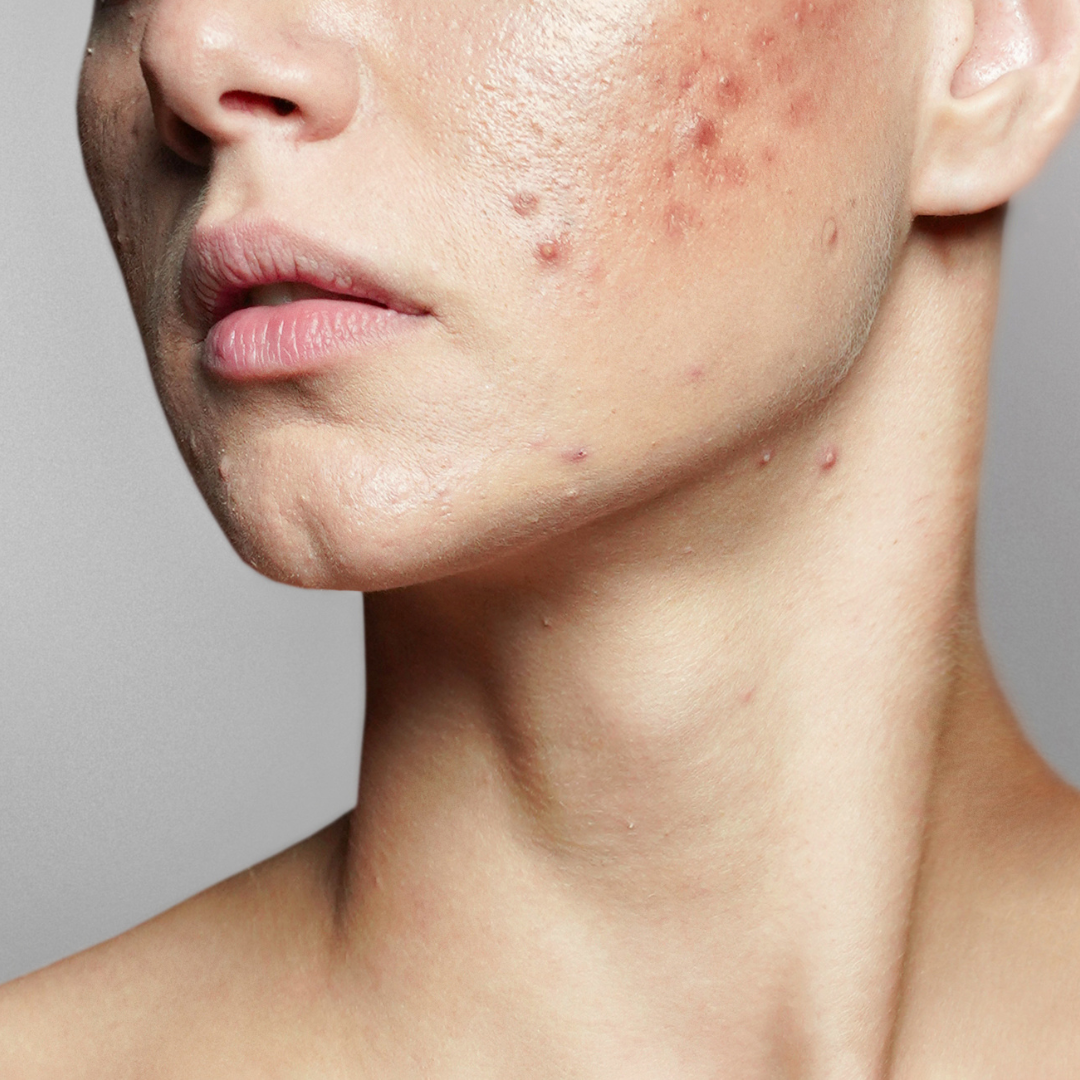 I didn’t think a retinoid would help my acne – here’s why I was wrong
I didn’t think a retinoid would help my acne – here’s why I was wrongTwo months later, I’ve learned a lot
By Alice Barraclough
-
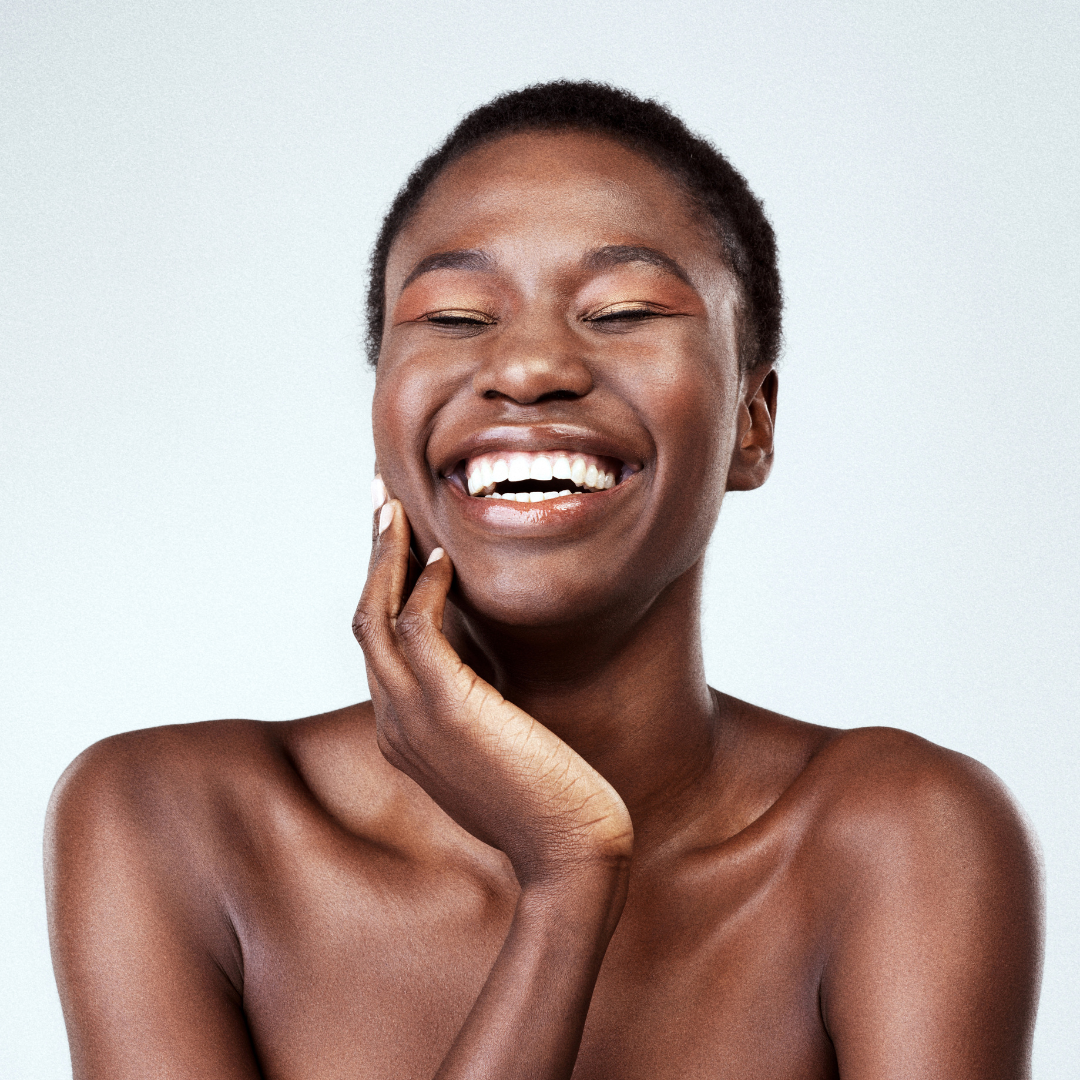 Consider this your 101 guide to the different types of acids for your skin
Consider this your 101 guide to the different types of acids for your skinThink you know your skincare acids?
By Alice Barraclough
-
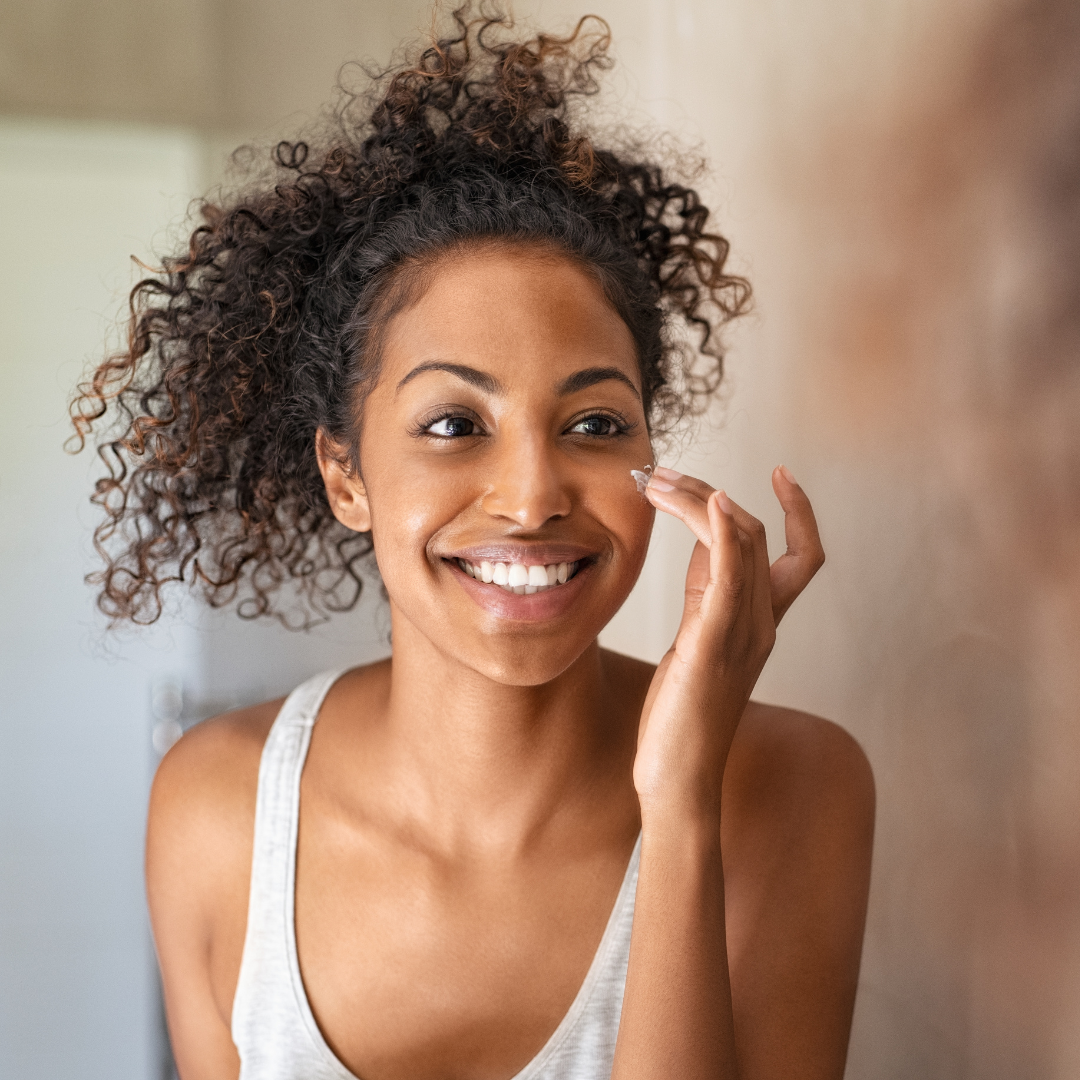 I’ve had so many compliments on my skin ever since I started using these 3 ingredients
I’ve had so many compliments on my skin ever since I started using these 3 ingredientsHello retinol, hyaluronic acid and niacinamide
By Cat Hufton
